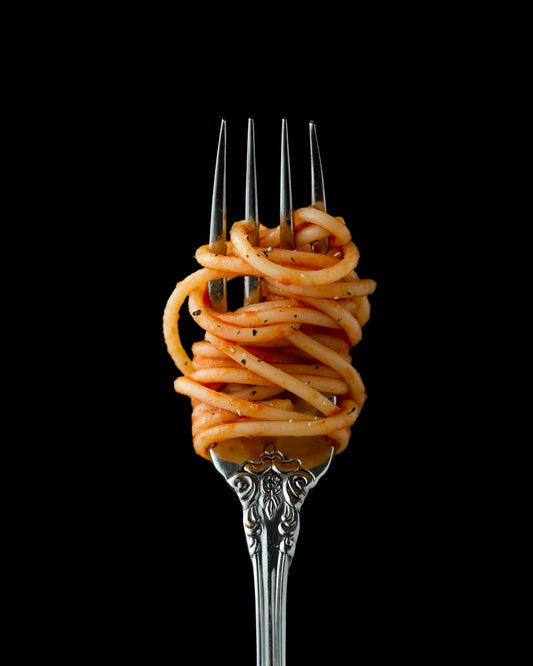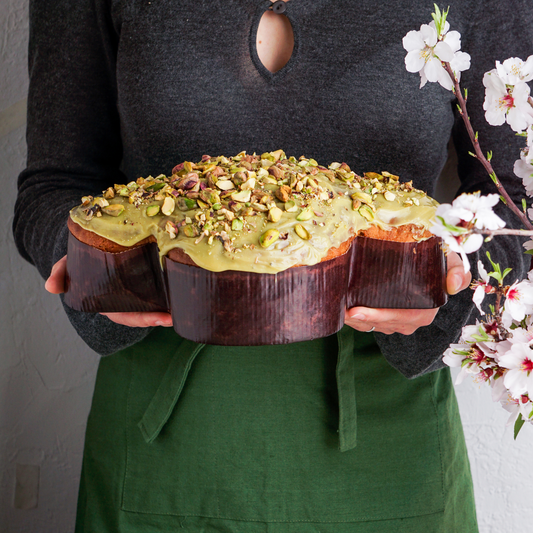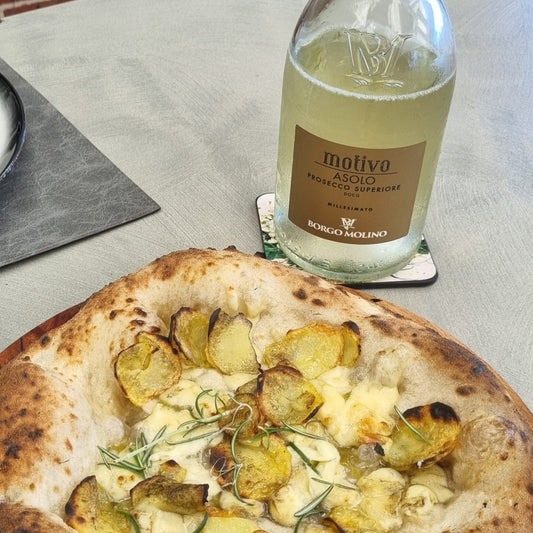Italy, a land rich in history and culture, has a wine heritage that stretches back millennia. Its vineyards and winemaking traditions have evolved through the rise and fall of empires, the contributions of various civilisations, and the pursuit of excellence. Join us on a fascinating journey through time as we trace the historical evolution of Italian wine, from ancient viticulture to modern winemaking practices.
Ancient Beginnings: The Etruscans and the Greeks
Wine has been an integral part of Italian culture since ancient times. It is said that the Etruscans, a pre-Roman civilisation, were the first to cultivate grapes and make wine in the Italian peninsula. They laid the foundations for the viticultural practices that would later become the cornerstone of Italian winemaking.
The Greeks, too, played a pivotal role in Italy's winemaking history. They introduced the art of cultivating vines in Southern Italy, specifically in regions like Sicily and Calabria. The Mediterranean climate proved ideal for grape cultivation, and the knowledge of wine production began to spread.
Roman Era: The Apex of Viticulture
The Roman Empire, known for its love of wine, elevated Italian viticulture to new heights. The Romans were among the first to develop precise techniques for wine production, including vineyard management, pruning, and pressing methods. They recognised the importance of terroir, with the concept of "terroir" coming from the Latin word "terra," meaning land.
Vineyards flourished in regions like Campania, Tuscany, and Sicily, and the Romans developed a taste for aged wines. Amphorae, large clay containers, were used for fermentation and storage. Many Roman agricultural manuals, like Cato the Elder's "De Agri Cultura," provided guidance on viticulture and winemaking practices.
The Middle Ages: Monasteries and Trade Routes
With the fall of the Roman Empire, winemaking in Italy was primarily sustained by the efforts of Christian monasteries. Monks played a pivotal role in preserving and advancing viticultural knowledge. They improved vineyard management, experimented with new grape varieties, and produced wines of superior quality.
During this period, Italian wines gained international recognition. Venetian traders, for example, played a key role in the trade routes connecting the East to Europe. They introduced wines from various Italian regions to a broader audience, further expanding Italy's winemaking legacy.
Renaissance and Innovation: The Tuscan Influence
The Renaissance period marked a resurgence in the appreciation of wine. In Tuscany, a region central to this resurgence, the Italian polymath Leonardo da Vinci dedicated much of his work to viticulture and winemaking. His writings contained detailed notes on vineyard practices, wine preservation, and the importance of terroir.
Additionally, the Grand Duchy of Tuscany, under the rule of the Medici family, played a crucial role in promoting the development of viticulture. Tuscan wines began to gain prominence, and many of the grape varieties cultivated then are still central to the region's winemaking today.
19th Century Challenges and Innovations
The 19th century brought both challenges and innovations to Italian winemaking. The impact of phylloxera, a devastating vineyard pest, threatened vineyards across Europe. However, this period also saw significant progress in the adoption of modern winemaking practices.
Pioneers like Barone Ricasoli in Tuscany and Angelo Gaja in Piedmont embraced innovative winemaking techniques, promoting the use of French oak barrels, the implementation of temperature-controlled fermentation, and a more scientific approach to viticulture.
20th Century: Denominations and Quality Assurance
The 20th century marked a pivotal moment for Italian wine. The Italian government introduced denominations of origin (DOCG and DOC) to regulate the production and quality of wines, establishing specific criteria for each region. These designations provided consumers with assurances of the quality and origin of the wine they were purchasing.
Simultaneously, Italian winemakers began to rediscover native grape varieties that had been overlooked in favor of international grapes. This renaissance of indigenous grapes contributed to the diversification of Italian wine, with regions like Piedmont (Nebbiolo), Sicily (Nero d'Avola), and Tuscany (Sangiovese) celebrating their unique vinicultural heritages.
Modern Winemaking: A Balance of Tradition and Innovation
Today, Italian winemaking continues to evolve. It strikes a harmonious balance between tradition and innovation. Ancient winemaking techniques are still revered, but now they are enhanced by modern equipment and scientific knowledge.
Sustainable viticulture practices have gained traction across Italy, with winemakers embracing organic and biodynamic approaches. The commitment to preserving the land and nurturing the grapes is paramount, ensuring the longevity of Italy's wine legacy.
Prominent Italian Wine Regions and Styles
-
Tuscany: Known for its iconic wines like Chianti, Brunello di Montalcino, and Super Tuscans. These wines capture the essence of Italian winemaking, blending tradition with modernity.
-
Piedmont: Famous for its Barolo and Barbaresco wines, made from the noble Nebbiolo grape. These wines represent the elegance and longevity of Italian wine.
-
Veneto: Home to Prosecco, Valpolicella, and Amarone, Veneto showcases the diversity of Italian wine styles, from sparkling to rich and powerful reds.
-
Sicily: This island offers a range of indigenous grape varieties, including Nero d'Avola and Grillo, making wines with unique and exotic flavors.
-
Campania: Known for its historical importance, it produces wines like Aglianico and Taurasi, celebrated for their depth and complexity.
Conclusion: A Timeless Legacy
The journey of Italian wine through the ages is a testament to the country's enduring love affair with viticulture. From the vineyards of the Etruscans to the modern, sustainable winemaking practices of today, Italy's wine culture has continued to evolve, adapt, and thrive. It's a legacy that stands as a testament to the resilience and passion of Italian winemakers, as well as a testament to the enduring importance of wine in Italian culture. With each sip, we can taste the rich history and craftsmanship that has gone into every bottle of Italian wine, reminding us of the timeless beauty of this age-old tradition.




